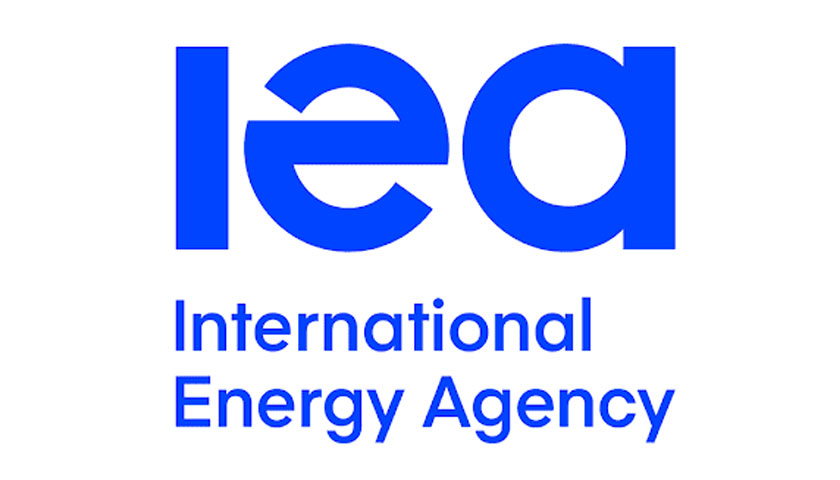At COP29-IEA roundtable, participants from across public and private sector exchange views on getting capital to projects that need it, especially in emerging and developing economies
The COP29 Presidency and the International Energy Agency (IEA), in close partnership with the UN Framework Convention on Climate Change (UNFCCC) Secretariat, today held the second in a series of High-Level Energy Transition Dialogues ahead of the COP29 climate change conference in Baku, Azerbaijan.
The dialogue – which was co-chaired by COP29 President-Designate Mukhtar Babayev and IEA Executive Director Fatih Birol – was hosted by the City of London Corporation at Mansion House during London Climate Action Week. It gathered more than 50 energy, climate and finance leaders to discuss how the public and private sector can better support a rapid increase in clean energy investment globally, which would need to double to more than $4 trillion annually by 2030 to reach net zero emissions by 2050.
A major focus of the dialogue was on unlocking the financing needed to bring clean energy projects to fruition – especially in emerging and developing economies, where high borrowing costs and real and perceived risks are preventing capital from reaching many projects that need it.
Participants in the dialogue included African Union Commissioner for Infrastructure and Energy Amani Abou-Zeid; Germany’s State Secretary and Special Envoy for International Climate Action Jennifer Morgan; and Ireland’s Minister for Transport, Climate, Environment & Communications Eamon Ryan – as well as Selwin Hart, Special Advisor to the UN Secretary-General on Climate Action and Just Transition; Damilola Ogunbiyi, CEO and Special Representative of the UN Secretary-General for Sustainable Energy for All; and COP26 President Alok Sharma.
A range of leaders from across the financial sector and industry also took part, including Barclays Global Head of Sustainability Daniel Hanna; Institutional Investors Group on Climate Change CEO Stephanie Pfeifer; ReNew Energy Co-founder and Chairperson of Sustainability Vaishali Nigam Sinha; and Prudential Chair Shriti Vadera.
In their exchanges, participants emphasised the need for government, the financial sector and industry to cooperate even more closely in order to develop a scalable pipeline of bankable clean energy projects. They stressed the importance of building more bridges between financiers and developers, especially in emerging and developing economies, and outlined a range of potential solutions. They also discussed the role of development finance institutions, which participants noted can help mobilise much larger multiples of private capital by reducing risks.
“Delivering fast and fair energy transitions hinges on greater investment in clean energy – especially in emerging and developing economies, where financing is not getting to the projects that need it,” IEA Executive Director Fatih Birol said. “Today’s High-Level Dialogue in London for COP29 – which brought together leaders from energy, finance and climate – marked an important step in the right direction, and I’d like to thank the COP29 President-Designate and the Lord Mayor of the City of London for convening it with the IEA. I look forward to building on these discussions in the coming months. We need to strengthen efforts to connect investors seeking clean energy opportunities with the markets where this investment can make a major difference. Establishing a strong pipeline of bankable clean energy projects, and tackling the barriers to financing them, is essential to keep the goal of limiting global warming to 1.5 °C within reach.”
“This second COP29 IEA High-Level Energy Transition Dialogue represents an important moment in bringing energy and climate leaders together to discuss ambitions for COP29 in Azerbaijan,” COP29 President-Designate Mukhtar Babayev said. “Such platforms provide vital input as we build fair and shared solutions together to meet the urgency of our collective climate challenge and we are actively incorporating the priorities identified in these discussions into our plan of action for COP29. We are intensifying our activities with all parties to build high-level political engagement across the two pillars of our Presidency’s vision to enhance ambition and enable action.”
The COP29 High-Level Energy Transition Dialogues aim to continue fostering international consensus around pathways to drive energy sector emissions to net zero and limit global warming to the Paris Agreement goal of 1.5 °C. They build on the success of the five Dialogues co-hosted with last year’s COP28 Presidency, which made an important contribution to the major energy outcomes of the first Global Stocktake. The next dialogue will take place in New York during the UN General Assembly in September.
